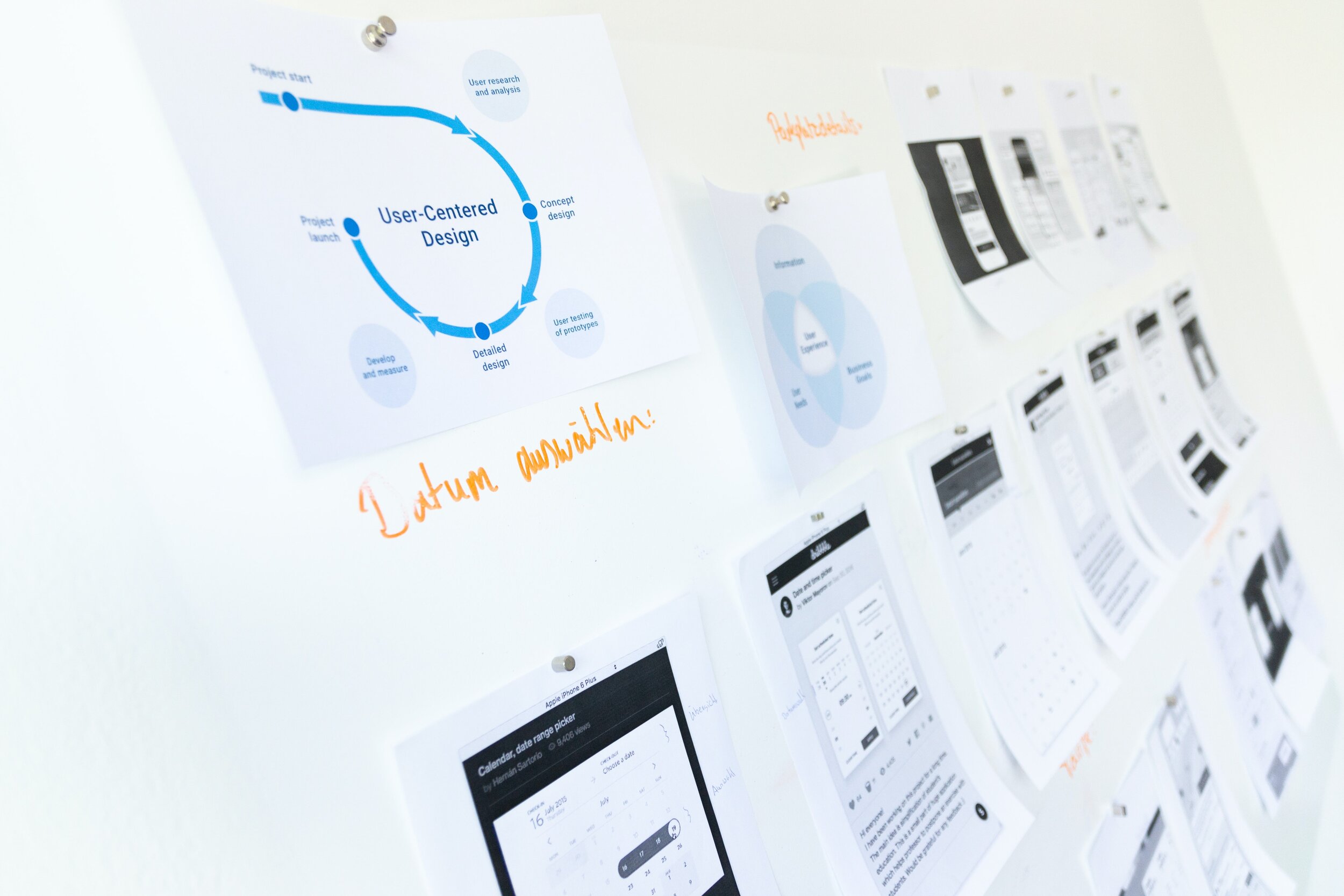Fraunhofer AICOS
Researching, Prototyping and Evaluating Cultural Databases
While working at Fraunhofer, I had the opportunity to work in the ICT4D Competence Center. This competence center worked on a variety of projects for people in Sub-Saharan nations such as Mozambique, South Africa, Ghana, Liberia and Cameroon. The research for these projects was done remotely and there were a number of limitations that impacted the quality of the research. The physical and cultural distances between the researchers and the audience created a knowledge gap and valuable information was lost during the discovery and explorative research stages. Consequently, researchers were forced to make assumptions based on western point of views which in turn, had a negative impact in the learnability, usability and findability of the products .
Coming from an academic background in Anthropology, I made a huge effort to build a cultural database (TIQSI) and a data collection tool for remote locations (Okavango). The goal of the cultural database was to have an internal repository for individuals working at Fraunhofer to use in case they needed to know more about their audience. The data collection tool was a prototype for gatekeepers to use in the field as a form to store data but also to update the cultural database.
Platform
Web Application
Android Web Based Application
Year
2014 - 2015
Research Outline
In-Depth User Interviews
Prototype Creation
Iterative Prototype Testing
Usability Testing

Research Approach
In-Depth User Interviews
I ran user interviews with 6 researchers at Fraunhofer and 3 collaborators working with Fraunhofer in Africa. The objective of these interviews was to identify the pain points and opportunities associated with doing research in the field and collecting data in remote locations.
Prototype Creation
After conducting the user interviews, I worked with a visual designer to create the screens. The screens derived from the data collected from the interviews and the behavioural archetypes (personas) that resulted from the discovery research stage.
Iterative Prototype Testing
Internally, I requested researchers to interact with the prototype and provide feedback. This method was a fast approach to refine the prototype before testing it with other researchers and collaborators.
Front End Development
Once the team felt like we had a strong MVP ready, me and a software developer worked on the development of the product. I focused mostly in the development of TIQSI, the cultural database. The software developer helped me with the development of Okavango, the mobile application for data collection purposes.
Usability Testing
Afterwards, we evaluated the performance of the platforms. Both platforms went through a set of usability testing, with a minimum of 10 participants.

